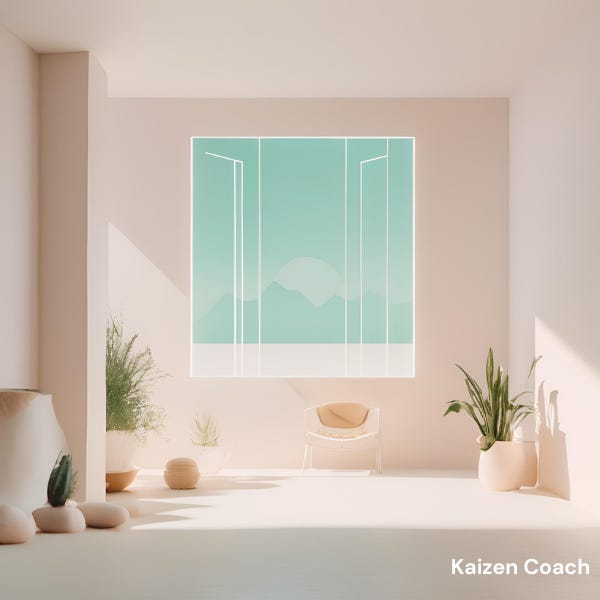The Mental Stack: Why Less is More for Your Brain and Life
Your brain's limited stack depth isn't a bug—it's a feature. It's telling you something profound: focus on less, choose carefully, and give your full attention to what truly matters.
We've all experienced that moment of mental paralysis: standing in a cluttered room, overwhelmed by a mounting to-do list, or staring at an overflowing inbox. It's not just the physical mess that weighs us down—it's the mental burden of keeping track of it all.
The Limited Stack of Human Consciousness
Our brains, despite their remarkable capabilities, operate much like a computer with limited working memory. Cognitive scientists often refer to this as our "mental stack"—the number of items we can actively hold in our consciousness at once. Research suggests this number hovers around 4-7 items, far fewer than most of us attempt to juggle daily.
Every possession we own, every unfinished task, and every decision we postpone takes up valuable space in this mental stack. It's like running too many programs on an old computer—eventually, everything slows down, and the system struggles to function effectively.
The Hidden Cost of Mental Clutter
When we try to hold everything in our heads—from remembering to buy milk to managing complex work projects—we're essentially forcing our brains to repeatedly cycle through these items, consuming precious mental energy. This constant mental juggling act:
Reduces our ability to focus on what truly matters
Increases stress and anxiety
Impairs decision-making capabilities
Diminishes our capacity for creative thinking
The Liberation of Writing Things Down
One of the most powerful ways to free up mental space is surprisingly simple: write things down. When we externalize our thoughts, tasks, and ideas, we literally offload them from our mental stack. This process:
Creates a reliable external system for tracking important information.
Allows our minds to fully focus on the task at hand Reduces anxiety about forgetting important details.
Provides clarity and perspective on our priorities.
The Joy of Less
This brings us to the heart of decluttering—both physical and mental. When we consciously choose to keep only what "sparks joy," as organization expert Marie Kondo suggests, we're not just creating physical space. We're creating mental space. Each item we remove from our lives is one less thing occupying our limited mental stack.
The result? A clearer mind, sharper focus, and a greater capacity to engage deeply with what truly matters to us. By maintaining fewer, but more meaningful possessions and commitments, we free ourselves to experience life more fully.
Moving Forward: Practical Steps
The path to mental clarity starts with conscious reduction. Begin by:
Writing down everything that occupies your mind.
Evaluating each item's true importance.
Eliminating what doesn't serve your core priorities.
Creating simple systems to track what remains.
Remember: the goal isn't to empty your life, but to fill it intentionally with what matters most.
Your brain's limited stack depth isn't a bug—it's a feature. It's telling you something profound: focus on less, choose carefully, and give your full attention to what truly matters. In doing so, you might find that less really is more.


